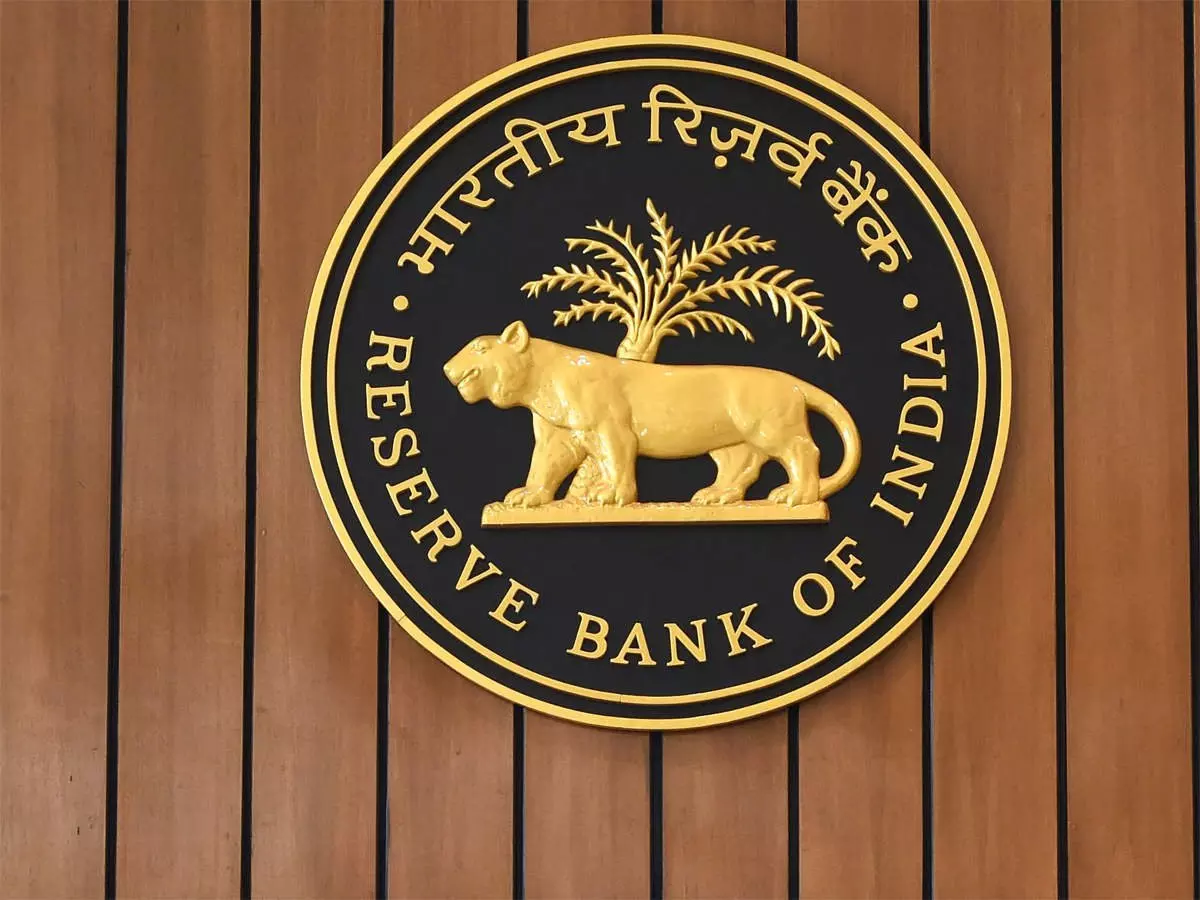RBI inks pact to link UPI with 4 ASEAN countries for instant cross-border retail payments
Reserve Bank of India (RBI) on Monday announced that it has now joined Project Nexus with the four ASEAN countries to create a platform to facilitate instantaneous cross-border retail payments
image for illustrative purpose

Mumbai, July 1: Reserve Bank of India (RBI) on Monday announced that it has now joined Project Nexus with the four ASEAN countries to create a platform to facilitate instantaneous cross-border retail payments.
Nexus, conceptualised by the Innovation Hub of the Bank for International Settlements (BIS), aims to connect India’s UPI (Unified Payments Interface), with the fast payment systems of ASEAN members -- Malaysia, Philippines, Singapore, and Thailand. These four countries and India would be the founding members and first-mover nations of this platform, the RBI said.
An agreement to this effect was signed by the BIS and the central banks of the founding countries i.e., Bank Negara Malaysia (BNM), Bank of Thailand (BOT), Bangko Sentral ng Pilipinas (BSP), Monetary Authority of Singapore (MAS), and Reserve Bank of India on June 30, 2024, in Basel, Switzerland, according to an RBI statement.
Indonesia, which has been involved from the early stages, continues to be involved as a special observer.
The RBI has been collaborating bilaterally with various countries to link India’s Fast Payments System (FPS) – the Unified Payments Interface (UPI), with their respective FPSs for cross-border Person to Person (P2P) and Person to Merchant (P2M) payments.
“While India and its partner countries can continue to benefit through such bilateral connectivity of Fast Payment Systems, a multilateral approach will provide further impetus to our efforts in expanding the international reach of Indian payment systems,” the RBI said.
The platform can be extended to more countries, going forward. The platform is expected to go live by 2026. Once functional, Nexus will play an important role in making retail cross-border payments efficient, faster, and more cost-effective, the RBI statement added.

